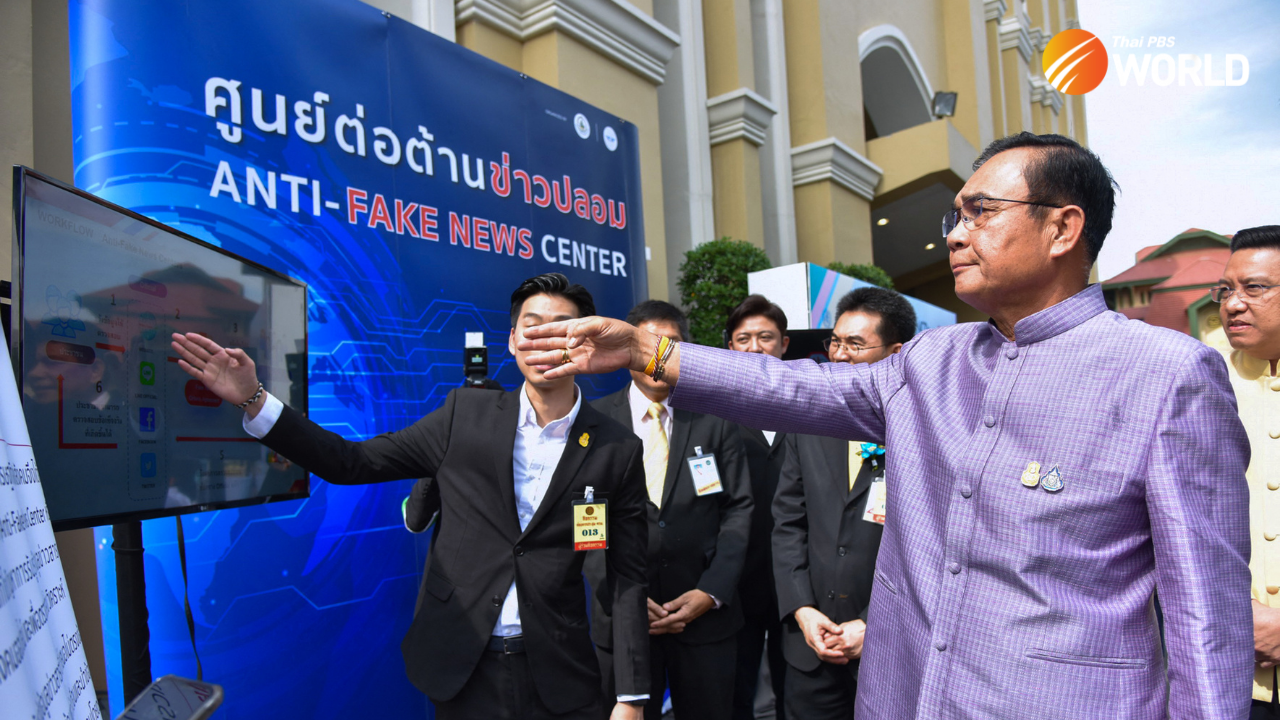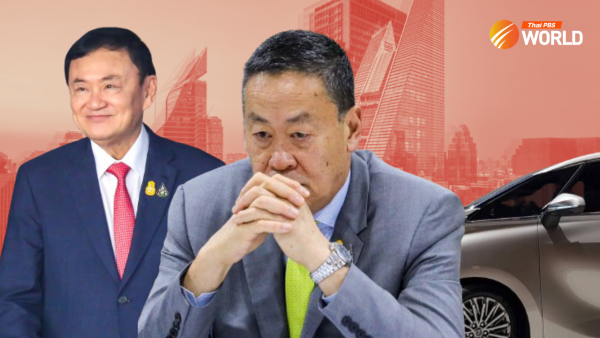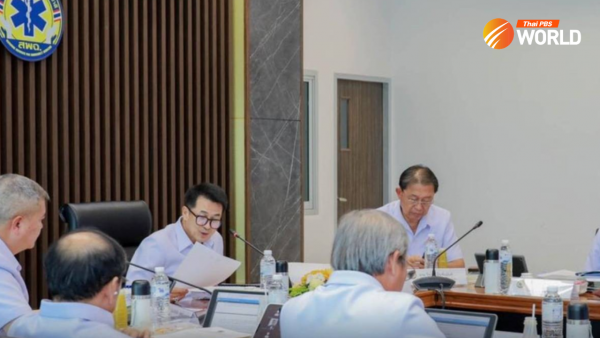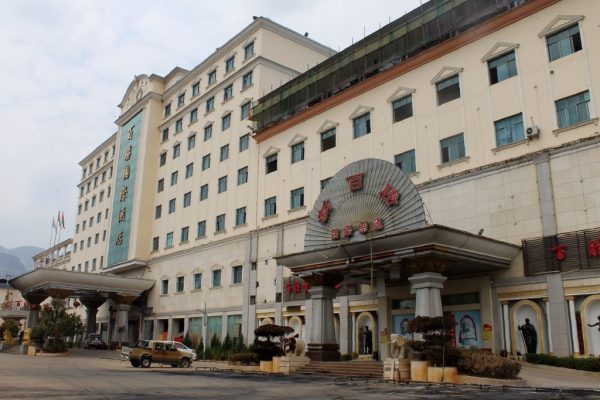Thai media vow to fight until government lifts restrictions on free expression

The National Press Council of Thailand, the News Broadcast Council of Thailand, the Thai Journalists Association, the Online News Providers Association, the Thai Broadcast Journalists Association and the National Union of Journalists of Thailand issued a joint statement today (Wednesday) demanding that the government lift all restrictions, imposed under the Emergency Decree, on freedom of expression by people and media.
The media organizations referred to their previous joint statement, issued on July 15th, expressing concern over the restrictions, under Section 9 of the Emergency Decree, to deal with what the government has described as “fake news”, which may cause public panic or misunderstanding of the emergency situation in a way which may jeopardize national security, public order or good morals.
Instead of heeding the media organizations’ concern and call for a review of such restrictions, the media organizations said that, on Tuesday, Prime Minister Prayut Chan-o-cha, in his Facebook post, said he had instructed authorities to enforce the restrictions rigorously against the media, media personalities and all webpages allegedly engaging in disseminating “fake news”.
The prime minister’s latest instruction, and the government’s threat to resort to legal action against free expression by the people, is a clear indication of the government’s attempt to restrict expression by both the media and the people, said the media organizations, adding that the government’s claim of the need for such restrictions demonstrates the lack of responsibility for its own failure to communicate with the people which, in turn, is the result of the prime minister’s mismanagement.
The media organizations admitted, however, that some outlets had presented inaccurate news, but it was not done intentionally, nor was the news were deliberately fabricated as alleged by the government.
They called on all media agencies and media professionals to demonstrate collectively, through all legal means and forms, to demand the lifting of the restrictions and to exercise more caution in their news presentation, in accordance with journalistic ethics.
The six media organizations have vowed to hold continuous activities to express their objection to the restrictions, until the government understands and realises that its attempt to restrict free expression may, finally, lead to its own downfall, according to the statement.






